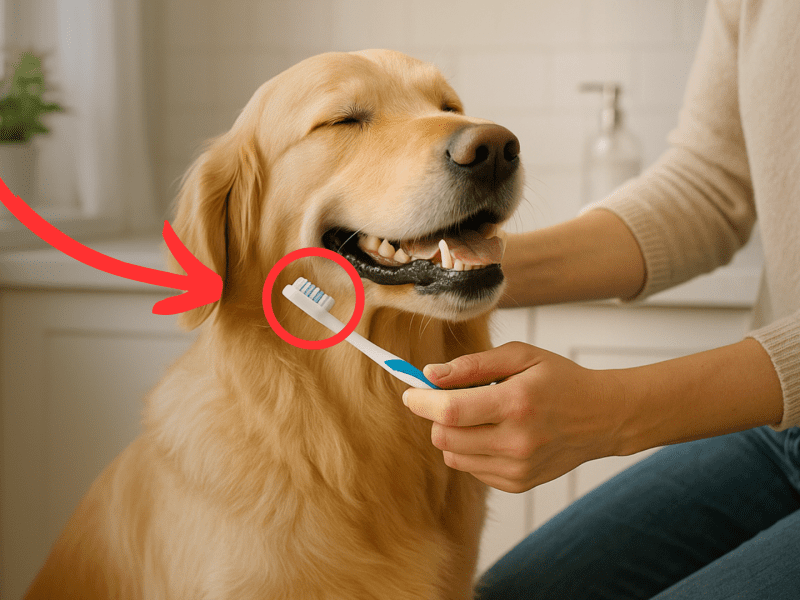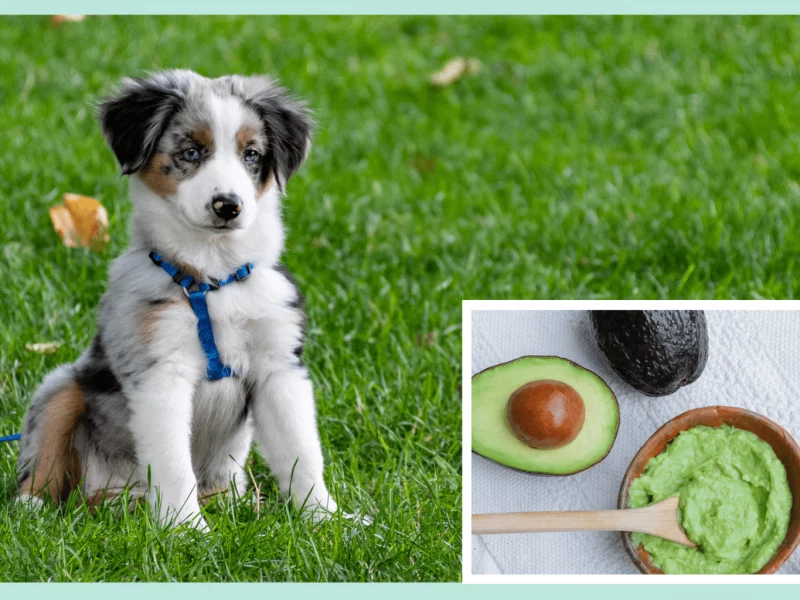Are you looking for safe fruit that your dog can eat? Look no further! As a pet lover, you want to ensure your dog stays healthy and happy. One way to accomplish this is by giving them safe fruits they will love to eat. In this article, we will be discussing the benefit and top 10 safe fruits for your dog. These fruits are not only delicious but also provide needed vitamins and nutrients to help keep your dog healthy and energized. So, let’s get started.
The Importance of a Diet for Dogs
As pet owners, we all want to make sure our pets are healthy and happy. One of the most important factors in achieving this is to give them a balanced diet. A balanced diet for dogs should include a combination of protein, carbohydrates, fats, vitamins, and minerals.
Without all of these nutrients in their diet, dogs can suffer from deficiencies that can lead to health problems. However, it’s not just about choosing the right types of food for your dog; it’s also important to consider the amount you are feeding them.
Benefits of Adding Fruits To Dog Diet
While it’s important for dogs to primarily eat a diet that consists of animal protein sources such as meat or fish – fruits can be an excellent addition to their meals. Fruits offer many nutritional benefits that can help keep your dog healthy.
For example: – Fruits are rich in vitamins and minerals such as vitamin C which helps support immune system function.
Many fruits contain antioxidants that help prevent cell damage caused by free radicals. – The fiber found in fruits promotes good digestive health.
You can easily give your dog fruits as part of their diet. There are a lot of common fruit that your dog can eat safely if you give them just the right amount. You don’t have to worry about it being difficult. Here are our top 10 safe and delicious fruits you can give to your dog!
Top 10 Safe Fruit Your Dog Can Eat
1. Apples

As the saying goes, “An apple a day keeps the doctor away” – and this holds for your furry best friend as well. Apples are a great source of fiber, vitamins A and C, as well as antioxidants that can help prevent illnesses.
When feeding apples to your dog, make sure to remove all seeds as they contain traces of cyanide which can be harmful. The safest way to serve apples is by slicing them into small pieces or pureeing them if you want to include them in their meals.
2. Blueberries

These tiny fruits are packed with nutrition that can benefit your dog’s immune system. Blueberries contain high levels of vitamin C and antioxidants that help fight off free radicals in their body which can cause harm.
Blueberries can help reduce the pain of swollen joints or arthritic symptoms in older dogs. They have properties that fight inflammation. You don’t have to remove the seeds or stems before you serve blueberries to your dog. Just wash them properly and give them to the pet.
3. Bananas

Bananas are an excellent source of potassium, vitamins B6 and C, fiber, biotin, and copper. They are also low in cholesterol and sodium which makes them an ideal snack for dogs with heart or kidney problems. To feed bananas safely, peel the fruit first and cut it into bite-sized pieces before giving it to your dog.
Keep in mind that although bananas are healthy treats, they should only be given occasionally because they’re high in sugar content which could lead to weight gain if not moderated properly.
Overall, these three fruits provide great nutritional value for your dog’s diet without posing any harm when prepared properly – so go ahead and add some variety to their meals and snack time.
4. Watermelon

Watermelons are a refreshing summer fruit that can benefit your furry friend in many ways. The juicy fruit is rich in vitamins A, B6, and C, and it contains lycopene which helps to reduce the risk of cancer.
Additionally, watermelon contains potassium, which is good for maintaining healthy blood pressure and reducing the risk of kidney stones. When feeding watermelon to your dog, make sure to remove the seeds as they can cause intestinal blockages or even lead to choking.
5. Mangoes

Dogs can have mangoes as a yummy snack. Mangoes contain vitamin A which helps your dog maintain their eyesight. They’re also full of vitamin C, fiber, and antioxidants that can help their digestion and make their immune system stronger.
To feed mangoes safely to your dog, first remove the skin and pit as they are difficult to digest and may cause choking hazards or blockages. Cut the mango into small pieces or mash it up with a fork before giving it to your pooch.
6. Pineapple

Pineapple is another great fruit that you can safely feed your dog without any worries about toxicity. It’s an excellent source of vitamin C and manganese which are essential for growth and development. Pineapple also has bromelain – a digestive enzyme that aids with protein digestion.
To feed pineapple properly to your dog, remove the tough outer skin first before cutting it into small chunks or blending it into a puree. Avoid giving them canned pineapple as it often contains added sugar or preservatives that aren’t good for their health.
7. Papaya

Papaya is a tropical fruit that is not only delicious but also packed with nutrients that can benefit your dog’s health. Rich in vitamins A, C, and E, papaya can help boost your pup’s immune system and improve healthy skin and coat.
Additionally, papaya contains enzymes that aid in digestion, making it a great option for dogs with gastrointestinal issues. When feeding your dog papaya, it’s important to remove the seeds first as they can pose a choking hazard.
The easiest way to feed papaya is to cut it into small cubes or slices and offer them as a tasty treat. Alternatively, you can puree the fruit and mix it in with your dog’s regular food.
8. Cantaloupe

Cantaloupe is another great fruit option for dogs. With its high water content and natural sweetness, it makes for a refreshing snack on hot summer days. Cantaloupe is also rich in vitamins A and C as well as potassium which promotes heart health.
To safely serve cantaloupe to your dog, remove the rind and seeds before cutting them into bite-sized pieces for easy consumption. Avoid giving your pup too much cantaloupe at once as the high sugar content may upset their stomach.
9. Pears

Pears are lesser-known fruit that can provide numerous benefits to your furry friend’s diet. Packed with fiber, they are great for improving digestive health by regulating bowel movements.
Additionally, pears contain vitamins C and K which support healthy immune function. When feeding pears to your dog, make sure to remove the core and seeds first as they can be a choking hazard.
You can slice the pear into small pieces or mash it up for easy consumption. Keep in mind that pears, like other fruits, should be given in moderation to avoid any digestive issues.
10. Strawberries

Strawberries are a great treat for dogs because they’re low in calories and high in fiber, vitamin C, and antioxidants. However, it’s important to feed them in moderation as they contain small amounts of sugar and can cause upset stomachs if fed in large quantities. Also, make sure to remove the stem which can be a choking hazard. You can feed strawberries to your dog fresh or frozen, and you can chop them up to make it easier for your dog to eat. But remember, strawberries should be considered a treat and not a substitute for a balanced diet.
2 Fruits are Dangerous For Dogs
1. Grapes and Raisins
These fruits are considered toxic fruits for dogs and should be strictly avoided as they can cause significant health issues. It is not known why and how grapes and raisins are toxic to dogs, but studies have shown that even small amounts of grapes or raisins can cause acute kidney failure in dogs.
2. Cherries
Cherries can also be toxic to dogs, particularly the stems, leaves, and pits. The pits of cherries contain cyanogenic glycosides, which can result in poisoning in dogs. This means that both fresh and dried cherries, as well as canned cherries, should be avoided if you are feeding them to your dog.
Conclusion
Combining fruits into your dog’s diet can be a great way to give them extra nutrition and a healthy treat. When it comes to finding safe fruits for your furry friend, stick to options such as apples, blueberries, bananas, watermelon, mangoes, pineapple, papaya, cantaloupe, pears, and strawberries.
These fruits are not only delicious but also high in vitamins like vitamins C and E that can help improve your dog’s overall health. When preparing these fruits for your pooch, it’s important to remember that moderation is key.
While there are many benefits of adding fruit to your dog’s diet, it’s important to remember that not all types of fruit are safe for them. Some types like grapes or raisins can be toxic and cause kidney failure in dogs. Additionally, some fruit may cause stomach upset or diarrhea if consumed in large amounts.
Overall when done correctly adding a variety of fresh produce into their food can do wonders for our pets just as it does for us humans! So, next time you’re at the grocery store, grab some healthy snacks for your furry friend. It’s an easy way to help keep them happy and healthy!



